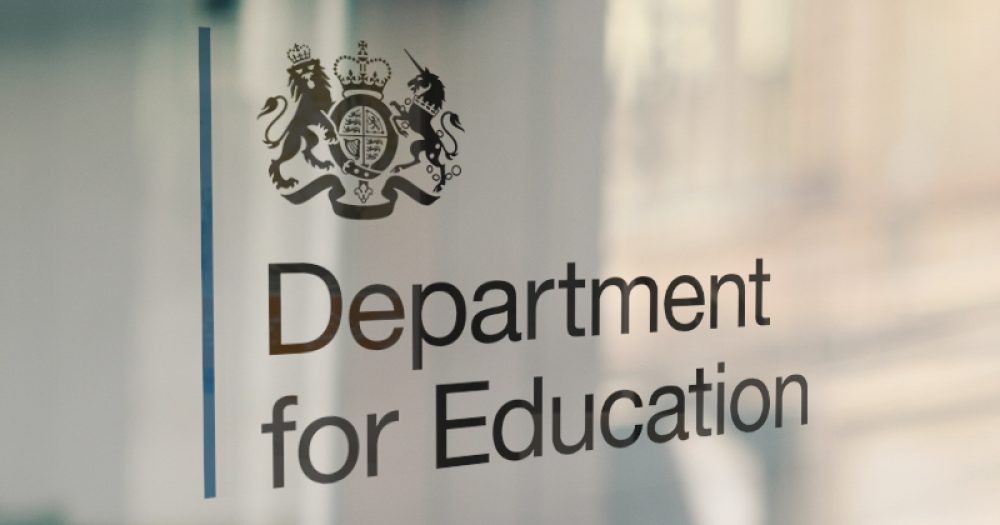Private schools that fail to meet the government’s standards will be given three months to improve or they will be closed under proposed new rules in a consultation released today.
The government wants additional powers to intervene in failing private schools. Any school found to be failing to meet the “independent school standards” – the rules that govern private schools in England – will be given a month to submit an action plan and three months to put it in place.
Missing the deadline will either result in a ban on enrolling new pupils, or closure.
In the most serious cases, where there is a risk of serious harm to a child, the government wants to be able to apply to a magistrate to approve “immediate” closure or a halt to pupil recruitment. In these circumstances the school may appeal, but the enforcement action will take effect straight away.
Private schools have also been warned they could fail inspections if they are found promoting undemocratic political systems or other ideologies.
The government is consulting on new guidance that aims to clarify exactly how schools should interpret the independent school standards, which were toughened up in 2015 but have been criticised for being unclear.
According to the draft guidance, schools will fail if they “promote non-democratic political systems, rather than those based on democracy”, and if they suggest that religious teachings allow English law to be bypassed.
They will equally fail if pupils are led to believe followers of other faiths are “not worthy of respect”, if different religions and belief systems are not taught, or if boys and girls are taught differently because of their sex.
Creationism can be taught as a belief system, but its evidence cannot be presented as superior, or even “similar to”, scientific theories.
Secondary schools have also been warned they will face action if they do not teach pupils to respect “the legitimacy of same-sex marriage”. This already breaks equalities law, the DfE wants to make the risks clear to private schools.
Male pupils must not be taught that a “woman’s role is subservient to that of a man”, that disabled people have committed sins in previous lives, or that unmarried women who are pregnant should be punished. The guidance also reminds schools that the notion of “separate but equal” teaching is not permitted under equality law.
All private schools are subject to the independent school standards, but Ofsted only has the power to inspect about 1,000 small private schools, many of which are non-denominational religious schools. The rest, all members of the Independent Schools Council, are inspected by the Independent Schools Inspectorate.
Last year, a Schools Week investigation revealed that even when private schools repeatedly fail to meet the standards, they are rarely closed by the Department for Education.
Of the 1,080 private schools that Ofsted inspects, 42 per cent are special schools. The remaining 58 per cent break down into 302 faith schools and 320 non-faith schools.
The consultation closes on June 5.








Your thoughts